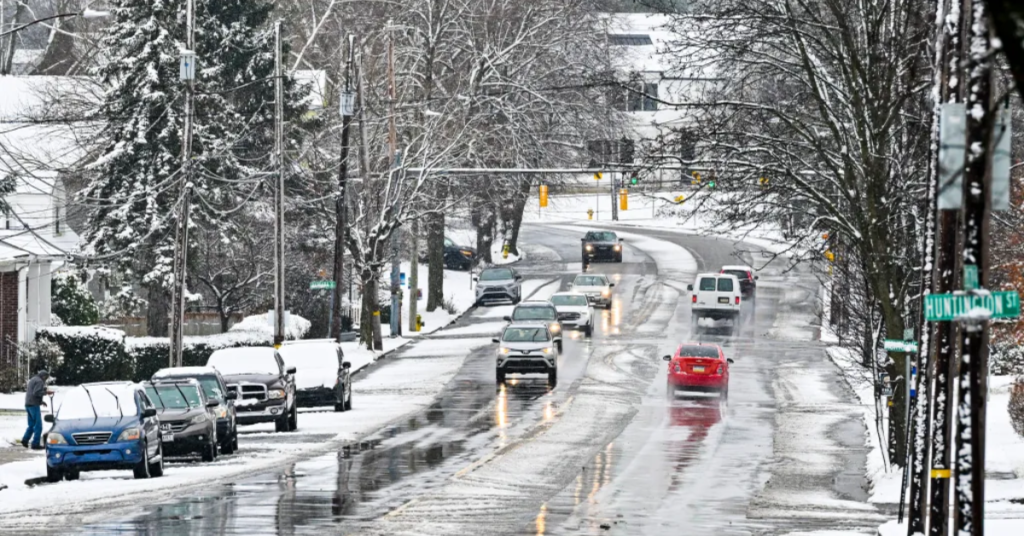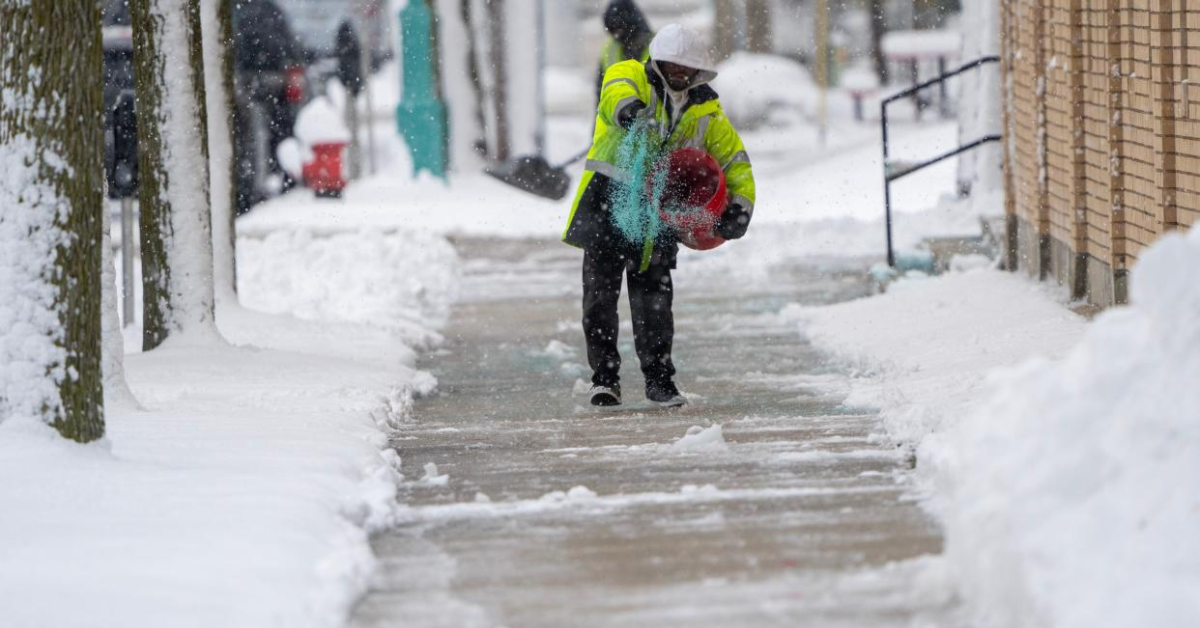Schools in Illinois and Wisconsin will remain closed on Tuesday, February 18, as dangerously cold temperatures grip the region. Officials announced the closures due to extreme weather conditions, prioritizing the safety of students, teachers, and staff.
Extreme Weather Brings Dangerous Conditions
A powerful cold front has swept through the Midwest, bringing frigid temperatures and bitter wind chills. The National Weather Service (NWS) has issued warnings for subzero temperatures, with wind chills expected to drop as low as -30°F in some areas. Such extreme conditions pose serious risks, including frostbite and hypothermia, for anyone exposed to the cold for extended periods.
Meteorologists explain that this cold snap is a result of Arctic air pushing down from Canada, causing record-low temperatures across the Midwest. The frigid conditions have been exacerbated by high winds, leading to dangerously low wind chills that make the cold even more intense. Experts warn that prolonged exposure to these conditions can cause frostbite in as little as 10 minutes.
School Districts Prioritize Safety
Several school districts across Illinois and Wisconsin decided to cancel in-person classes and activities. School officials emphasized that student safety is their top priority, as dangerously cold temperatures can make waiting for buses or walking to school hazardous. Parents and guardians are encouraged to check with their respective school districts for additional updates.

In some cases, schools have opted for remote learning instead of full closures. Districts with the infrastructure for virtual learning have asked students to attend classes online, ensuring that instructional time is not lost. However, many districts, especially those with a high number of low-income students, acknowledge that online learning may not be feasible for all families due to internet access limitations.
Public Safety Measures in Place
Local authorities have urged residents to take necessary precautions to stay safe during this cold spell. Officials recommend limiting outdoor exposure, wearing multiple layers, and ensuring that homes are properly heated. Public warming centres have also been opened to provide relief for individuals without adequate heating.
Emergency management officials stress the importance of checking on vulnerable populations, including the elderly, homeless individuals, and those with preexisting health conditions. Exposure to extreme cold can exacerbate heart and respiratory conditions, making it crucial for communities to look out for their neighbours.
Impact on Transportation and Daily Life
The freezing temperatures have not only affected schools but also caused disruptions in public transportation and daily activities. Some transit services have reported delays and road conditions remain icy and hazardous. Commuters are advised to check travel alerts before heading out and allow extra time for their journeys.
Additionally, airlines have reported an increased number of flight delays and cancellations due to the severe weather. Chicago O’Hare International Airport and Milwaukee Mitchell International Airport have both warned passengers to check with their airlines before travelling. Road crews have been working around the clock to keep highways clear, but freezing conditions make driving treacherous, leading to an increase in accidents.
How Residents Can Stay Safe
Authorities have provided several safety tips for residents to protect themselves from the extreme cold:
- Dress in layers: Wear insulated, moisture-wicking clothing and cover all exposed skin to prevent frostbite.
- Avoid prolonged exposure: Stay indoors as much as possible and limit unnecessary travel.
- Check on neighbours: Elderly residents and those with medical conditions are at greater risk during extreme cold.
- Keep emergency kits ready: Households should prepare emergency supplies, including blankets, non-perishable food, and flashlights in case of power outages.
- Use space heaters safely: If using supplemental heating sources, ensure they are placed away from flammable materials and never leave them unattended.
When Will Temperatures Improve?
Meteorologists predict that temperatures will gradually rise later in the week, but until then, residents should remain cautious. Officials advise staying indoors as much as possible and avoiding unnecessary travel to reduce the risk of cold-related illnesses and accidents.
By Thursday, temperatures are expected to return to more seasonable levels, though some areas may still experience below-average temperatures for this time of year. Experts suggest that this cold wave could be a preview of more winter storms to come, urging residents to stay prepared for future weather disruptions.
Stay Updated
For the latest updates on school closures and weather alerts, residents are encouraged to monitor local news, school district websites, and official social media channels. Many cities and counties have also implemented emergency notification systems, allowing residents to receive real-time alerts via text or email.
Disclaimer: This article has been meticulously fact-checked by our team to ensure accuracy and uphold transparency. We strive to deliver trustworthy and dependable content to our readers.








